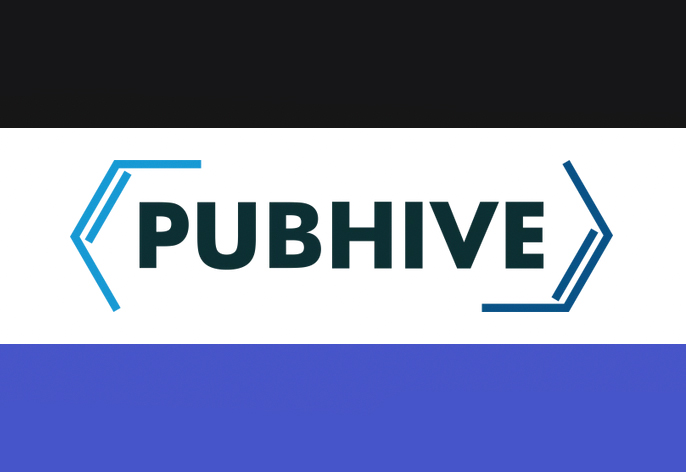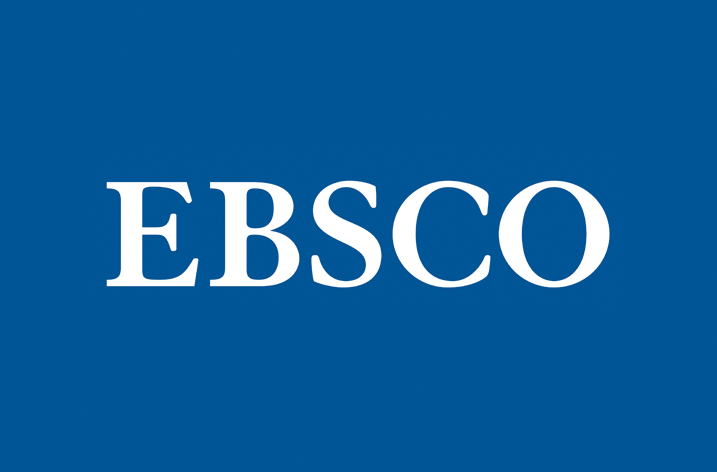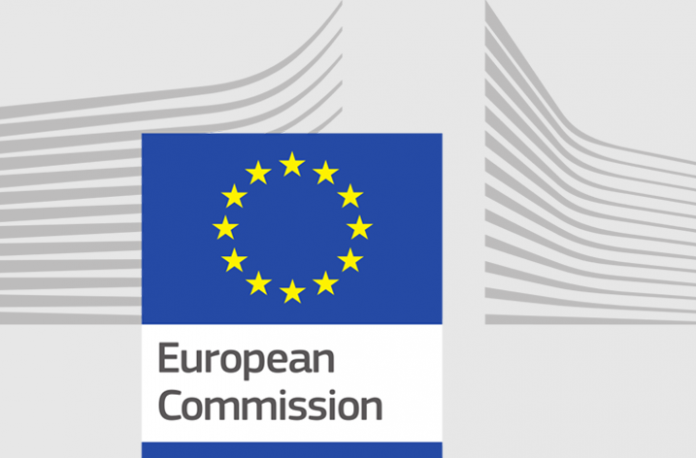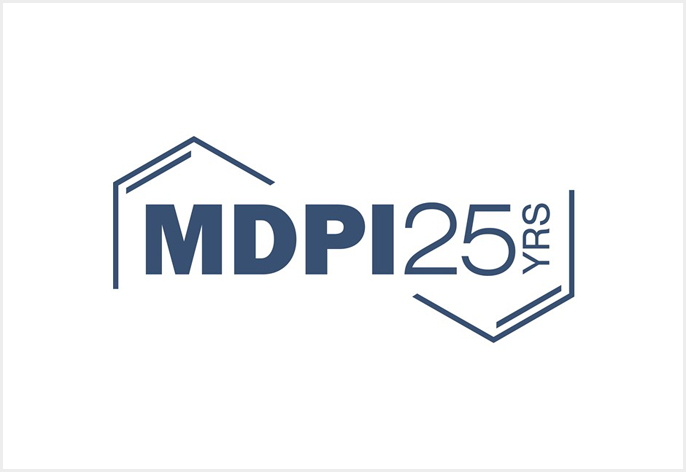Autonomous vehicles, electrical (along with conventional) smoking devices, and laundry mechanisms make the Top 10 Fastest Growing Technologies, according to an annual patent study by IFI CLAIMS
U.S. patent grants declined 3.4% from 2022, the lowest level since 2019, and Samsung held onto the top spot for the second year in a row according to IFI CLAIMS Patent Services, world leader in tracking patent application and grant data.
IFI CLAIMS Patent Services is a Digital Science company that compiles and tracks data from the U.S. Patent and Trademark Office (USPTO) and other patent-issuing agencies around the globe. IFI translates its world-leading data into an annual U.S. Top 50 and IFI Global 250 patent rankings, providing valuable insights into companies’ R&D activity.
Other findings in IFI’s latest rankings include patent powerhouse chipmakers rising higher in 2023 and a new all-time high in U.S. patent applications. Qualcomm ascended into second place, while TSMC rose to third—according to the 2023 U.S. Top 50 Ranking—ahead of IBM, which had previously held the top spot for 29 years running, until last year when it was unseated by Samsung. U.S. patent applications turned up in 2023 to 418,111, a slight rise over 2022, but a new record, nonetheless.
“The backlog for patent applications at the USPTO has been growing over the last couple of years,” saidRonald Kratz, CEO of IFI CLAIMS Patent Services. “They now have more than 750,000 unexamined applications, which could explain why grants are down. But applications are at an all-time high, an encouraging sign of innovation in the U.S.”
To see the yearly rankings, trends, and insights published today from the world’s most trusted patent data provider, visit the IFI website.
An overview of IFI’s analysis:
· 2023 Top 50, a list of the leading 50 recipients of U.S. grants
· 2023 Global 250, a ranking of the largest active patent holders around the world
· analysis of the Top 10 Fastest Growing Technologies, measured by patent application activity over the past five years
More patents to U.S. companies; fewer to companies in Japan, South Korea, China
The USPTO awarded slightly less than half of the total patent pie to U.S.-based companies, which was up 4.8% from the previous year. American corporations earned 149,522 patents, nearly four times as many as Japan (39,228), in second place. South Korea, China, and Germany finished out the top five, all of them showing decreases in awards over the previous year. Japan (-15.6%), China (-12.5%), and Germany (-15%) dropped dramatically. As a result of China’s decline, it fell back down to fourth place from its third-place perch the previous year. Of the top ten countries earning patent grants, only the U.S., Taiwan, and Canada saw increases in 2023 over 2022.
Rank and patent filings
While Samsung retained its number one ranking, U.S. patent awards for the company decreased by 1.3% to 6,165 from 6,248 last year. Qualcomm climbed five rungs into second place with 3,854 patents, an increase of 47% over the previous year. And TSMC comes in third with 3,687 patents, up 22%. IBM’s ranking ticked down as its patent numbers declined in 2023 to 3,658 from 4,398 the previous year—a result of the company’s continued implementation of a strategy toward “more selective” patenting.
The biggest gainers in rank were VMWare, (+63), Snap (+34), and Capital One (+21). The most dramatic decline was recorded by HP (-25) as patent grants were cut in half compared to 2022. A side note for stock watchers following The Magnificent Seven, the tech companies Alphabet, Amazon, Apple, Meta, Microsoft, Nvidia, and Tesla that were responsible for the lion’s share of the S&P 500’s breathtaking surge: just four of them made IFI’s Top 50 cut.
“Intangible assets are becoming more and more valuable corporate holdings, but the balance sheet doesn’t exactly capture that,” said Kratz. “That’s why it’s important to dig into the details of the patent position for highly innovative companies.”
Fastest Growing Technologies: autonomous vehicles ride again
The fastest growing technology in 2023 is Autonomous Vehicles, which rose 38.3% over the past five years—the second year in a row that this technology has taken the pole position. IFI’s ranking is based on patent applications—a proxy for what is around the bend—and Toyota, Honda, and Waymo are the companies paving the way in the autonomous arena. Other technologies that are growing quickly: both electrical smoking devices (CAGR 35.8%) and conventional cigarettes (CAGR 23.2%), quantum computing (CAGR 23.5%), and laundry control systems (CAGR 21.6%).
“Unlike our other rankings, the Top 10 Fastest Growing Technologies is based on a five-year growth rate, not high patent count,” said Kratz. “It’s more of a window into which technologies are attracting R&D attention right now and which companies stand to benefit in the future from patent protection in those spaces.”
For active inventions, Panasonic and Japan remain on top
In 2023, Japanese electronics company Panasonic held first place on IFI’s Global 250 list with 94,337 patent families, followed by Samsung and Hitachi. A patent “family” is a term used to represent the group of patents held around the world to protect a single invention. As such, “family” is used to denote a single invention.
The number of Japanese companies holding spots on the list is 36.4%, more than a third. The U.S. and China each occupy roughly 20% of the placements with 52 and 51 companies, respectively. No U.S. company claimed a Top 10 spot in this ranking; the three highest appearances from American companies are IBM, coming in at 16, with 43,033 active patent families, followed by Microsoft (ranked 27), and GE (40).
Patent activity provides valuable insight into companies’ R&D activity for researchers, analysts, and investors. Often the true value of a company lies with its intellectual properties, so examining patent assets is a key tool in gauging the intangible assets of publicly traded companies. It speaks to productivity, technological efficiency and IP strategy, and frequently reveals technology trends and the competitive landscape within various industries.
To create your own analysis, visit the IFI CLAIMS Live 1000, a free tool which uses data from the top 1000 companies that received patents across multiple countries and patent jurisdictions.The tool shows live data an






























